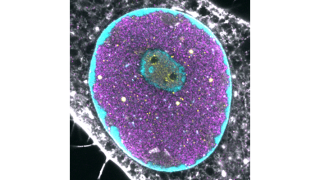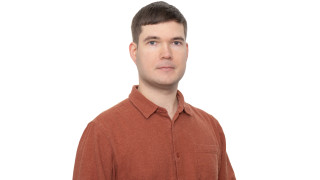Student councils need improvement – survey reveals gap between ideals and everyday life

A recent Nordic report examines the state of student councils and democratic participation in primary and secondary schools. Although in most Nordic countries, such as Finland, student councils are a central and statutory mechanism, little research has been done on their functioning.
The study shows that in the Nordic countries the ideals of social education in education policy differ significantly from how pupils perceive their opportunities for participation in everyday school life.
"Using documents that guide education and student interviews and surveys, we found that, in Finland for example, although student councils have been compulsory in comprehensive schools since 2013, in practice student councils can play very different roles in different schools. Of course, this is not a bad thing in principle, but it raises questions about equal opportunities for pupils to influence their school affairs," say the researchers involved in the project, Associate Professor Najat Ouakrim-Soivio from the Institute for Educational Research and Associate Professor Marleena Mustola from the Department of Education, University of Jyväskylä.
Valuing democracy does not translate into participation
According to the survey, the activities of student councils are mainly focused on organising social events and small school improvements rather than addressing broader current educational or social issues. On the other hand, the report highlights the fact that although the majority of pupils are aware of the student council and its activities, they are not enthusiastic about participating in student councils' activities.
"It is already known from previous studies that Finnish children and young people as such value democracy and related institutions such as student councils and their boards in schools, but are reluctant to participate in their activities, so as such the results were expected. Part of the reluctance to participate is presumably related to the fact that student councils mainly have little influence on the issues that are perceived as important in schools," says Mikko Hiljanen, a university teacher at The Department of Teacher Education, University of Jyväskylä.
All in all, the study provides more information on the activities of student councils in Finland and other Nordic countries, which will enable the development of student council activities and democracy education. In addition, the extensive data collected during the project can be used for further analysis to understand how to support the growth of children and young people as active democratic citizens. This is particularly important at a time when democracy is under threat from a wide range of global events and movements.
The report is published by a research and study project funded by the Nordic Welfare Centre (NVC) and led by the University of Iceland, with researchers from the University of Jyväskylä.
The full report is available online.
The research team included researchers Ilona Markkanen, Josephine Lau and Kristof Fenyvesi from the University of Jyväskylä.






